The Importance of a Logo
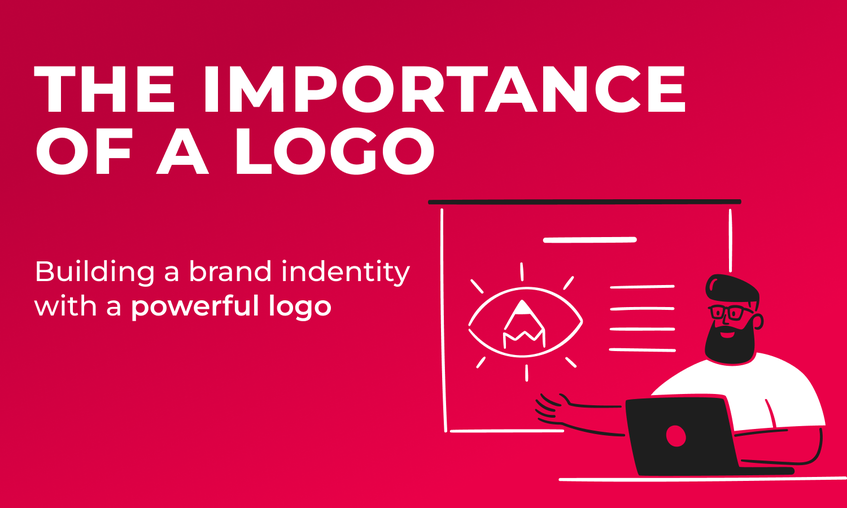
In today's competitive business landscape, the creation of a logo holds a pivotal role in shaping a brand's identity. A compelling logo has the power to leave an indelible mark on the minds of consumers, igniting recognition, trust, and emotional connections. Today we'll tell you why logo is important in the contemporary market.
The Importance of a Logo in Building Brand Identity
As companies strive to stand out amidst the sea of competitors, the logo serves as the cornerstone of branding, encapsulating the essence of a company and communicating its values, philosophy, and mission. More than just a visual representation, a logo sets the tone for an entire brand identity, establishing a recognizable and memorable image.
Creating a Memorable First Impression with Logos
The importance of a logo today is more than a mere graphic. This foundational element literally becomes the face of a brand, the very first impression that greets customers upon their initial acquaintance with the company. A logo's impact has to be immediate and profound, evoking specific emotions and associations within seconds in the customer's mind.
- An Illustrative Example: Real Project. Considering one of our cases, a logo project for Rapid Marketing Strategies will show how the logotype can create a powerful first impression.
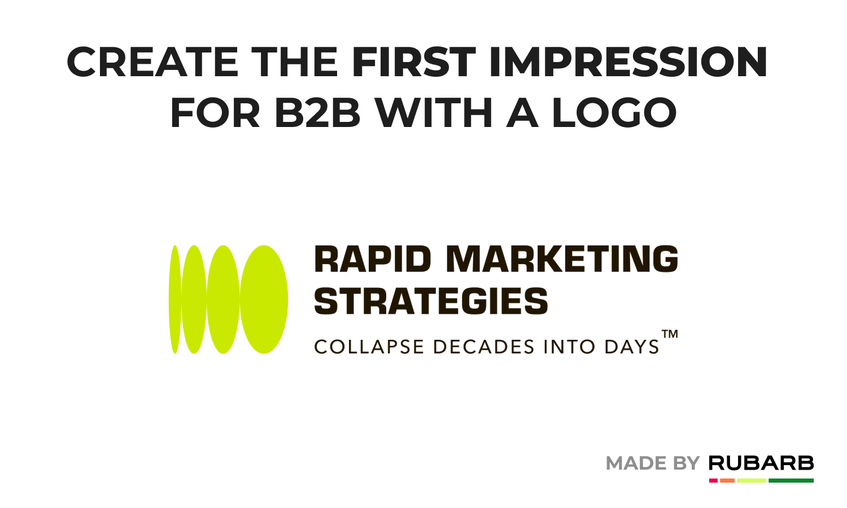
- The company is a Canadian educational service catering to businesses seeking to excel and advance through strategic marketing. The developed B2B brand's impactful logo serves as a vibrant introduction, evoking associations of growth and development. The logo's rhythmic arrangement of ascending ovals symbolizes progress and expansion, aligning with the company's mission to empower clients with valuable knowledge.
It's crucial for a logo not only to captivate but also to convey a brand's essence and relevance. Whether in the realm of business-to-consumer (B2C) or business-to-business (B2B), logos play a pivotal role in forming positive and lasting associations.
Building Brand Recognition and Trust through Logos
The answer to why logo is important doesn't tell that logo itself makes a brand recognizable - it's about the strategy and meaning behind it.
- Take, for instance, the iconic Coca-Cola logo. It's not just the design itself that propelled the company to global recognition; it's the associations and emotions tied to the brand. When people see the red delivery truck, they instantly know - it's Coca-Cola. That's because this powerful association was meticulously cultivated through an effective branding strategy.
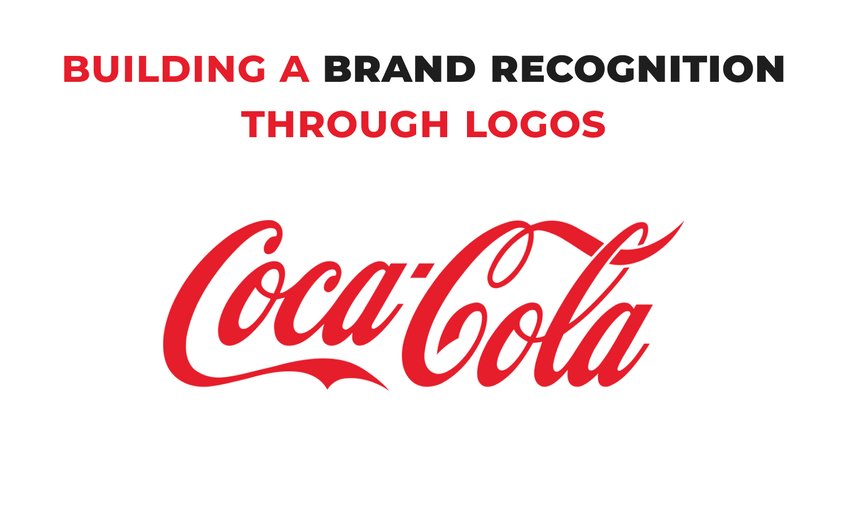
Hence, a thoughtfully crafted logo that resonates with consumers and reflects the brand's values will always surpass a generic or uninspiring design.
Differentiation from Competitors: The Power of Unique Logos
The importance of a logo in today's competitive business landscape cannot be underestimated. The initial step towards market differentiation lies in the face of your company – your branding. Why is this crucial? Established companies often neglect the significance of rejuvenating their image, providing new market players with a competitive edge. Today, both new and experienced companies have the opportunity to capitalize on the power of branding, and this begins with a distinctive logo.
- An Illustrative Example: Real Project. This principle is applicable to newborn companies, such as Arkway, our branding project for the Czech market. Contrary to their competitors, Arkway's dynamic and energetic appearance sets them apart from other transfer services in Europe.
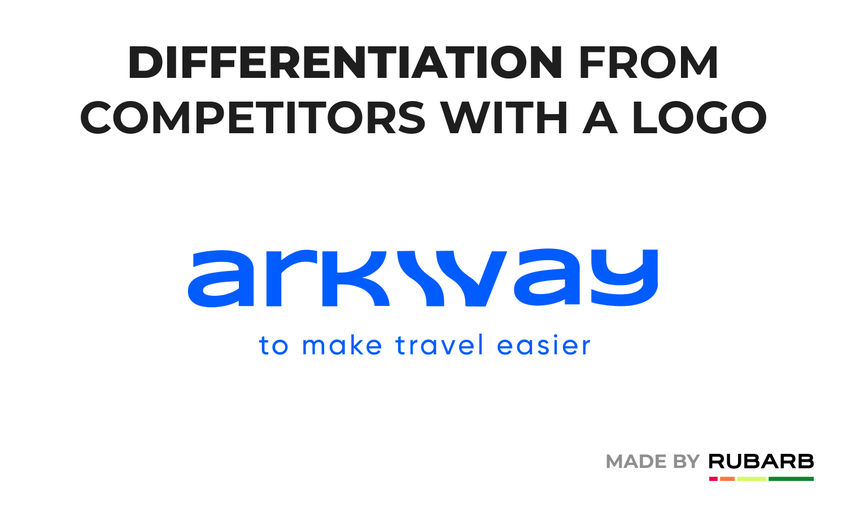
- The Uniqueness Factor: Copying ideas or resorting to generic solutions is not conducive to long-term success. Hence, our logo design service follows a unique process, crafting three distinct logo concepts that cater to the individuality of each brand.
Therefore, embracing a holistic approach to branding is the foundation of long-term success for both established brands and newcomers.
Fostering Brand Loyalty with Impactful Logos
The extent to which a logo embodies a brand's values and archetypes significantly impacts the loyalty of your target audience.
- Recent statistics reveal that over 70% of customers are loyal to brands who understand them.
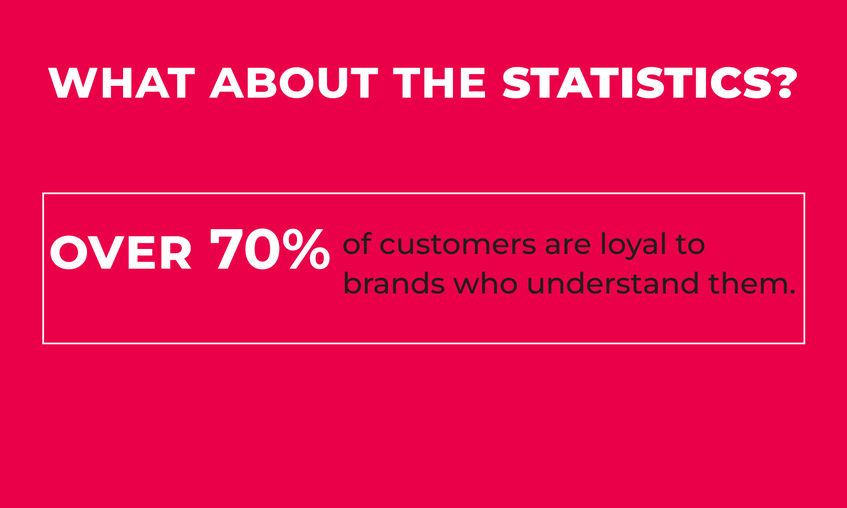
An effectively communicated message through a logo resonates deeply with consumers, encouraging them to form lasting connections with the brand. Notably, the importance of a logo forms strong loyalty.
Versatility in Marketing: Logos as Consistent Brand Elements
In the hierarchy of branding components, the logo takes precedence. The logotype serves as the inception point, defining the overall corporate style of the company. For many established companies, their logo becomes the soul of their brand and they are afraid to refresh it. However, it is crucial to realize that the logo isn't created for the company; rather, it is crafted for the audience. It serves as a potent tool for shaping the brand's future, so think about your audience first.
Ensuring Logos Remain Effective and Scalable for Growth
Let's turn to our logo project in London, a financial service in the UK - GuavaPay. Understanding their ambitious growth plans, we designed a logo that remains relevant over time. Avoiding transient trends, we crafted a versatile logo with a timeless appeal, evoking prosperity, stability, and consistency, adorned with an emerald hue.
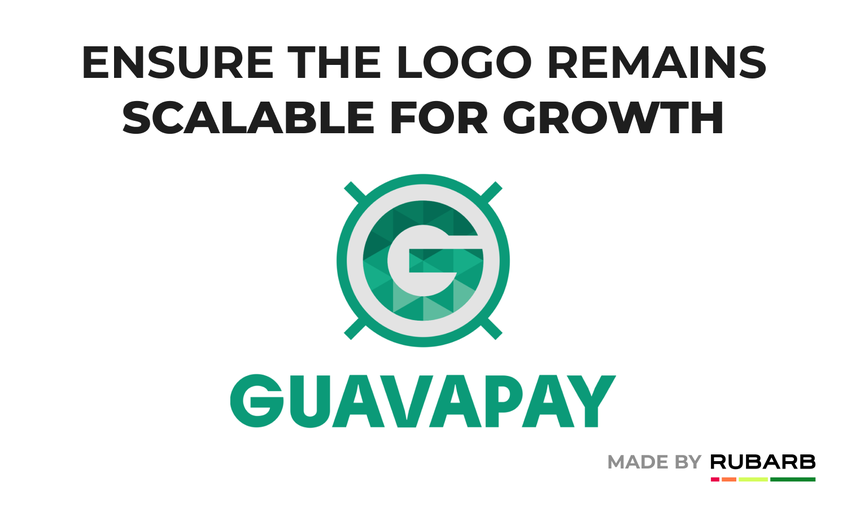
The logo should communicate a universal language (preferably English) so the brand can successfully scale in the future; this is especially beneficial for companies operating across Europe.
Timeless Appeal: The Resilience of Well-Crafted Logos
Eventually, the logo's influence is far-reaching, impacting brand recognition, consumer loyalty, and market differentiation. To ensure sustained success, companies should invest in meticulous branding, with the logo serving as the beacon of this transformative journey. As you turn to a logo design service, remember that a logotype is not just an image; it's a symbol of your brand's identity and a representation of its promise to the world.

 Russian
Russian Ukrainian
Ukrainian









Add a comment
Fields are required *